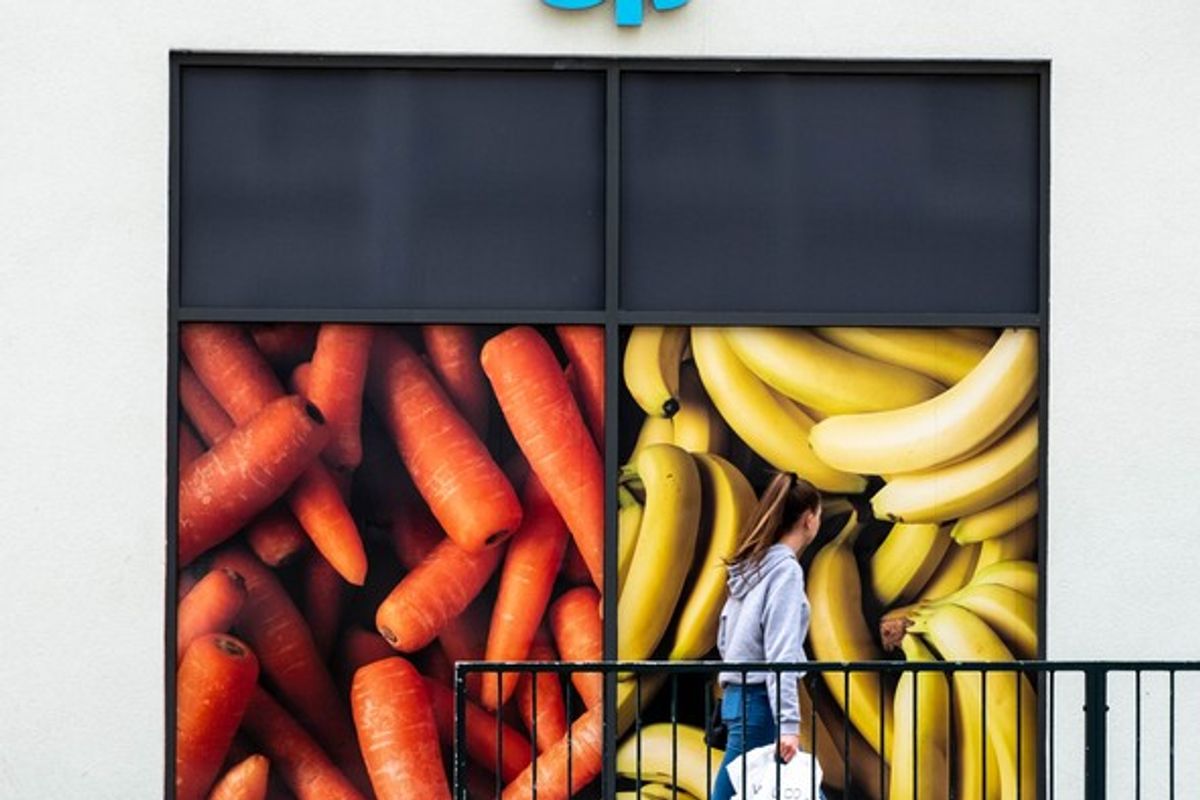Over 1,600 shop floor workers at the Co-op have won a key legal argument in a battle to secure an equal pay with warehouse staff, stated recent reports.
The mostly female Co-op workers took action against the symbol group over complaints that they are being paid less than colleagues in the retailer’s distribution centres.
As a result, shop-workers demanded they should be receiving similar pay to their male counterparts, who were being paid up to £3 more an hour.
The Co-op has now agreed a “comparability concession” in the case, a step towards recognising the different roles are of equal value, however, it said its workers were paid “fairly” and the battle was far from over.
“Leigh Day is delighted to be able to tell Co-op staff that they have cleared the first hurdle in their claims for equal pay,” reports quoted Leigh Day solicitor, Tom Hewitt, who is representing the worker, as saying.
“We hope that Co-op recognises that they can no longer deny that the work store workers do is of equal value to that of their distribution centre colleagues.”
A Co-op spokesperson added: “Our colleagues play an important role in feeding the nation and it’s central to the Co-op’s values that we pay them fairly for the work that they do in supporting communities.
“We believe that we pay our colleagues fairly for the roles that they do, and so will continue to defend these claims.”
It comes after a raft of similar legal cases, including at rivals Tesco, Sainsbury's and Morrisons, where it was also decided that store workers could be compared with distribution staff.
Last year Next and Sainsbury’s also conceded on the issue of comparability in the equal pay claims they face. In September 2021, an Employment Tribunal ruled the roles of Morrisons store workers can be compared to their colleagues in distribution centres.
This followed a win for thousands of Tesco shop floor workers when the Court of Justice of the European Union ruled a worker can compare their role with somebody working in a different establishment if a ‘single source’ has the power to correct the difference in pay. Tesco faces a back bill of £2.5bn after losing the case.





